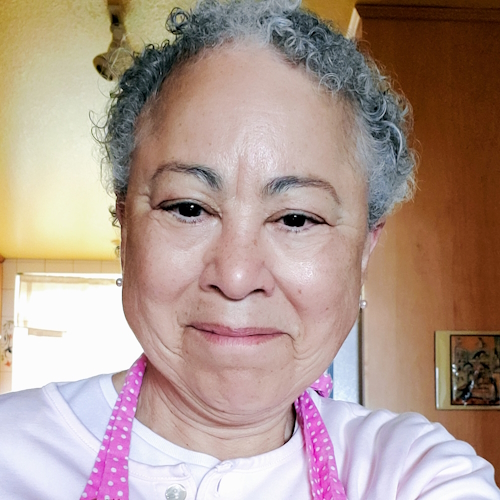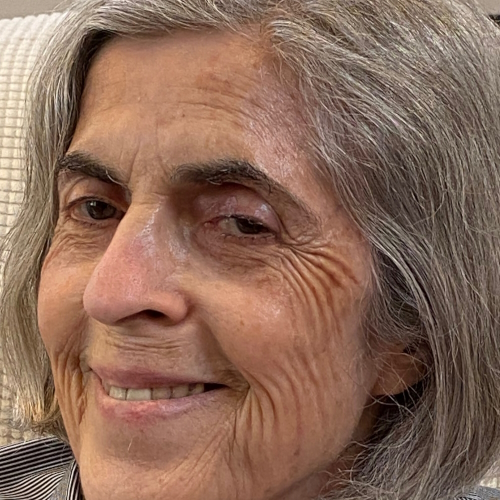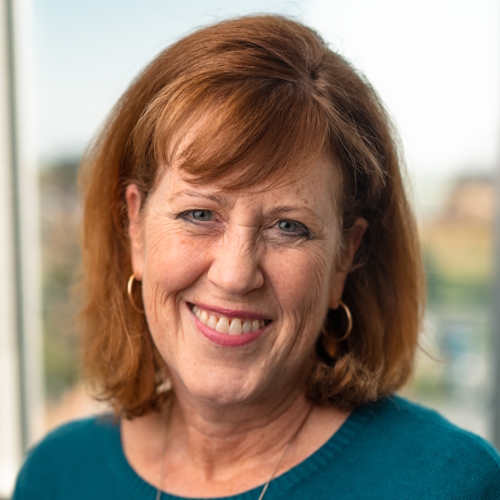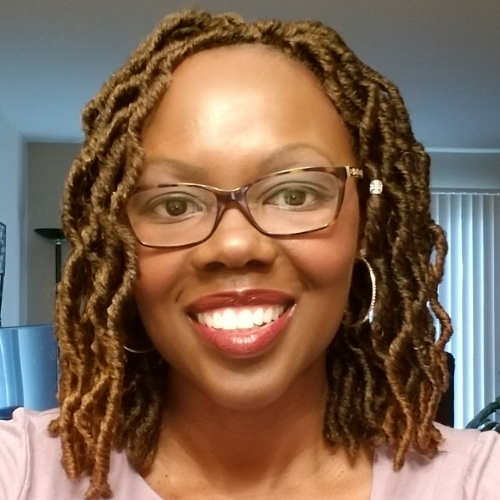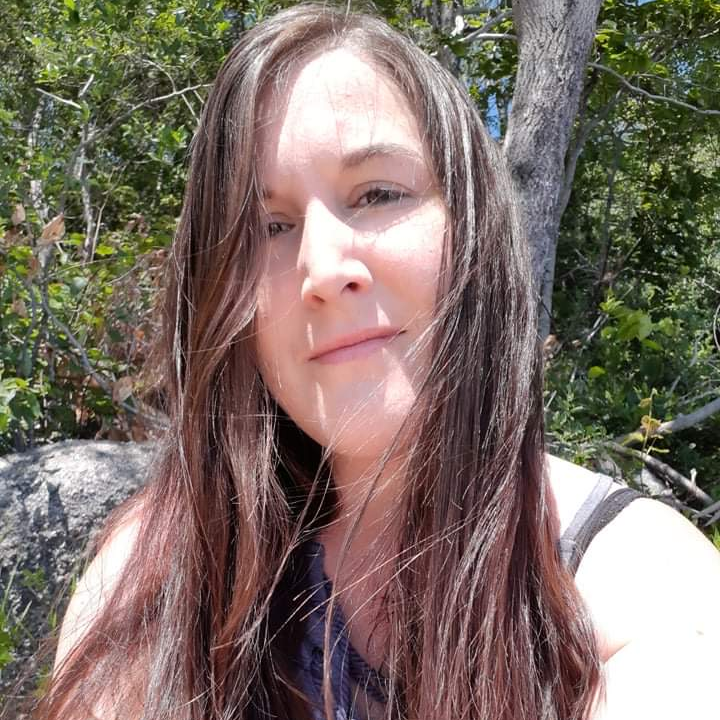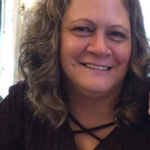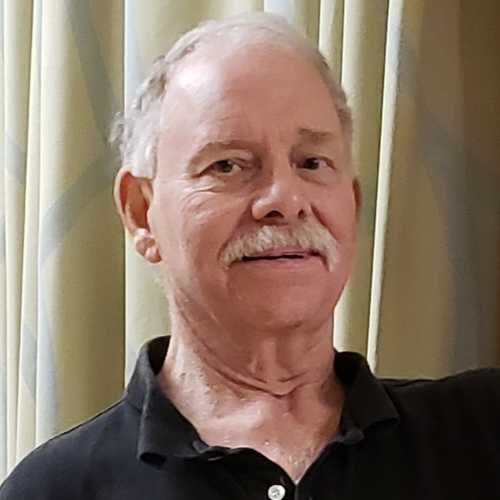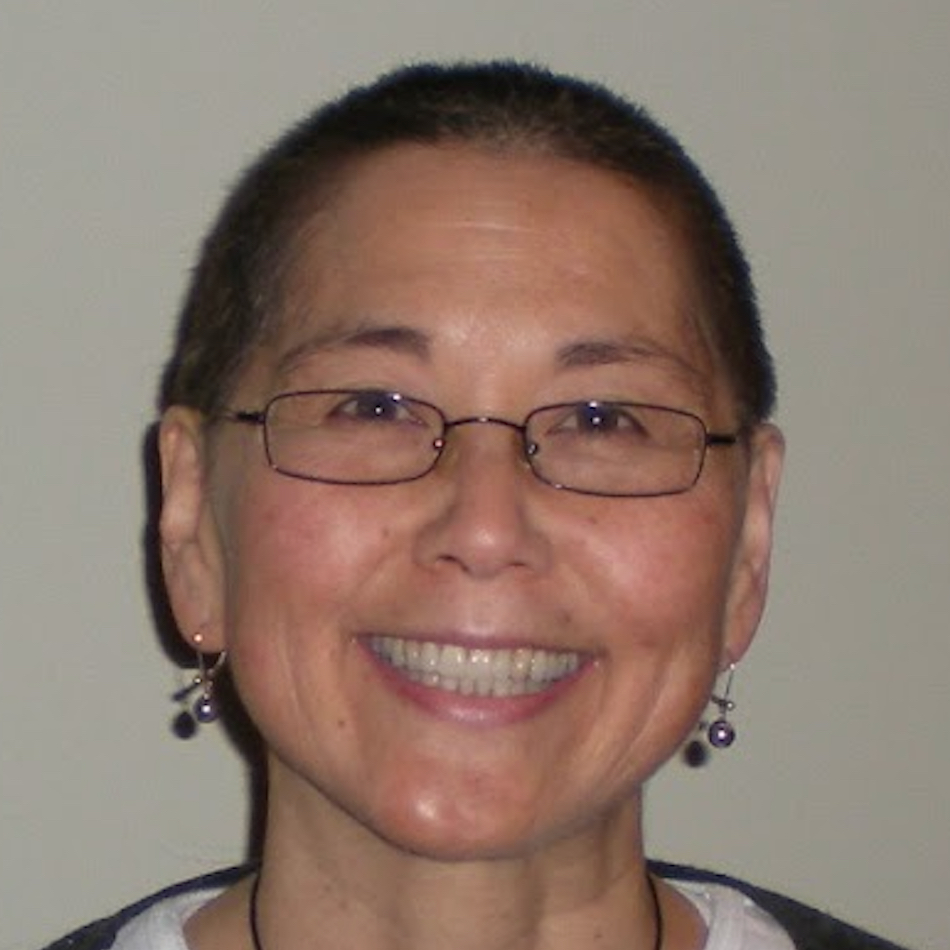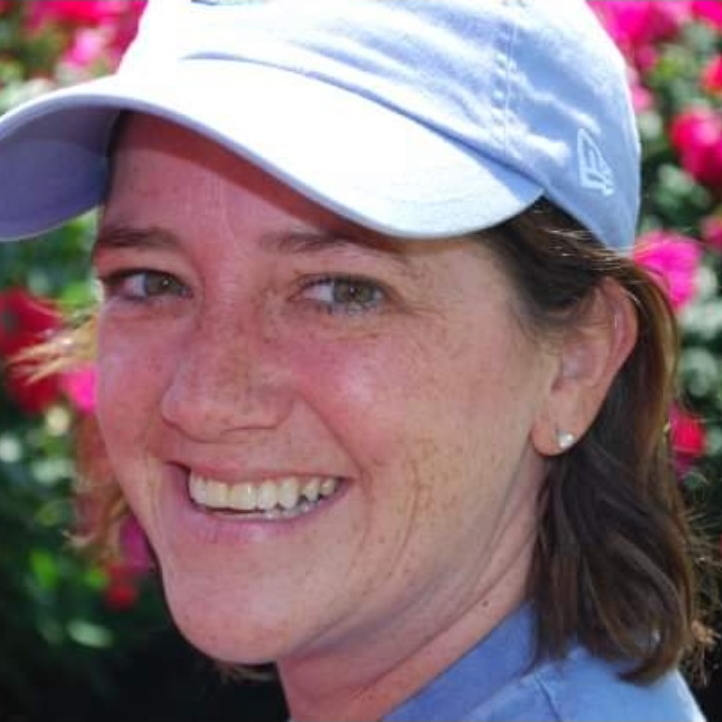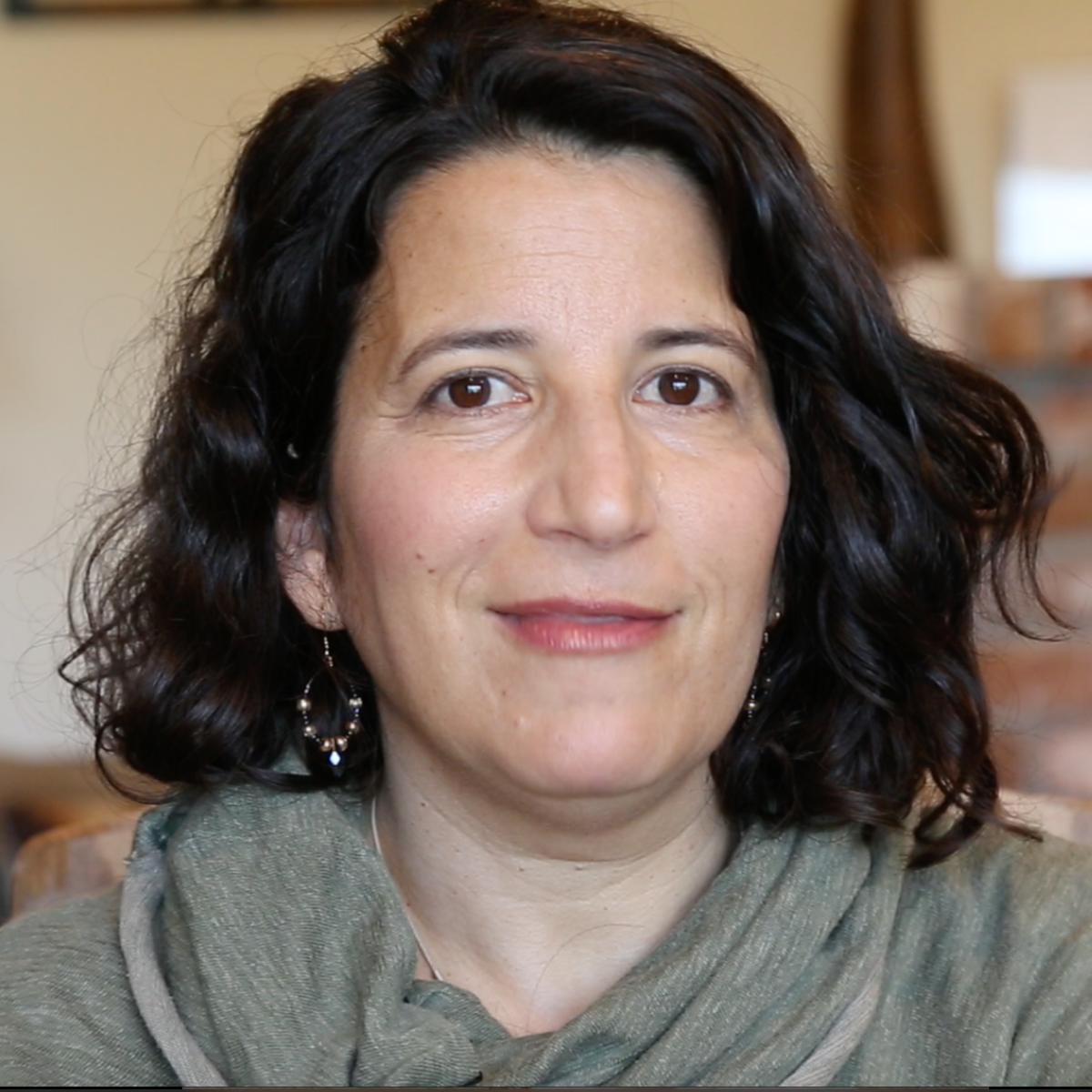Targeted Cancer Therapies
Targeted therapy is a type of cancer treatment also known as precision medicine and molecularly-targeted drugs/therapies. There’s been growing focus on targeted therapy as a major part of precision medicine, which diagnoses and treats individuals based largely on their genes and proteins. It can also be used to prevent disease.
This type of treatment refers to drugs that stop the growth and spread of cancer by disrupting or interfering with “molecular targets.” These molecules are involved in the cancer growth and spread.
Below, find answers to popular targeted therapy questions and experiences of targeted therapy shared by The Patient Story community.
- How is targeted therapy different from chemotherapy?
- How much research is being done on targeted therapy?
- How are targets for targeted cancer therapies identified and developed?
- Different types of targeted therapies in cancer treatment
- Side effects of targeted therapies
- The most common targeted therapies by cancer type
- Approved target therapies by drug
- Targeted Therapy Stories and Experiences
How is targeted therapy different from chemotherapy?
There are several major differences between targeted therapy and chemotherapy, including (but not limited to):
- Targeted therapies impact specific molecules (or molecular targets) linked to cancer, while standard chemotherapies impact all rapidly-dividing normal and cancerous cells.
- Targeted therapies are chosen for how they interact with the specific molecules linked to cancer, while standard chemotherapies are typically selected for killing cells.
- Targeted therapies are usually designed to block or stop tumor cell growth, while standard chemotherapies kill tumor cells.

How much research is being done on targeted therapy?
The Food and Drug Administration (FDA) has approved many targeted therapies in the treatment of specific cancer types.
Others are still in clinical trials, research studies involving people. Many more are still in what’s known as preclinical testing, research studies using animals.
How are targets for targeted cancer therapies identified and developed?
The starting point in developing targeted therapies is identifying the molecular targets that push cancer cell growth and help cancer cells survive. You can read more about that here.
Different types of targeted therapies in cancer treatment
There are multiple targeted therapies that have already been approved for cancer treatment, including:
- Hormone therapies: Certain tumors are hormone-sensitive, using hormones to grow. Hormone therapies prevent the body from creating or interrupt the hormones. This applies namely to breast cancer and prostate cancer.
- Small-molecule drugs: These are drugs that interfere with the growth and spread of cancer cells. One example is an angiogenesis inhibitor, which starves tumors by stopping the formation of new blood vessels in the tissue around them.
- Monoclonal antibodies (that deliver toxic molecules): They block a specific target that is on the outside of cancer cells and can deliver toxic substances targeted to cancer cells. These are also a type of immunotherapy.
- Immunotherapies: This type of treatment uses the immune system to destroy cancer cells. Drugs and antibodies sometimes bind to some immune cells to help destroy cancer cells.
Side effects of targeted therapies
There are some common side effects associated with targeted therapies:
- Diarrhea
- Liver problems (hepatitis, elevated liver enzymes)
- High blood pressure
- Blood clotting, trouble with wound healing
- Skin problems (dry skin, rashes that look like acne, nail changes, hair color loss)
- Gastrointestinal perforation (rare)
The good news for people who experience a lot of side effects is that some targeted therapy-related side effects have been associated with better patient outcomes.
One example according to the NCI is “patients who develop acneiform rash (skin eruptions that resemble acne) while being treated with the signal transduction inhibitors erlotinib (Tarceva®) or gefitinib (Iressa®), both of which target the epidermal growth factor receptor, have tended to respond better to these drugs than patients who do not develop the rash.”
The most common targeted therapies by cancer type
This field of cancer research is quickly growing. Here are some cancers that use targeted therapies now.
- Breast cancer: Roughly a quarter of people with breast cancer have too much of one protein, HER2, or human epidermal growth factor receptor 2. HER2 causes the tumor cells to grow. There is targeted therapy for HER2 positive breast cancer.
- Colorectal cancer: Some colorectal cancer patients are dealing with too much of one protein called EGFR, or epidermal growth factor receptor. There are different targeted therapies to address this.
- Lung cancer: EGFR also applies to lung cancer, but involves different gene mutations (ALK and ROS genes). Some physicians opt to use angiogenesis inhibitors.
- Lymphoma: For lymphoma cases, like non-Hodgkin’s and Hodgkin’s, there is an overproduction of white blood cells that fight infections (B cells). Targeted therapies work to block an enzyme that drives that overproduction. This has also been successful in treating some B-cell leukemias.
Approved target therapies by drug
The FDA has approved targeted therapies for the treatment of some patients with various types of cancer. Some are approved to treat more than one cancer. Below are some of the more popular targeted therapies:
- Anastrozole (Arimidex®): Breast cancer
- Axicabtagene ciloleucel (Yescarta™): Lymphoma
- Bevacizumab (Avastin®): Brain cancer, cervical cancer, colorectal cancer, kidney cancer, liver and bile duct cancer, lung cancer, ovarian epithelial/fallopian tube/primary peritoneal cancers
- Blinatumomab (Blincyto®): Leukemia
- Carfilzomib (Kyprolis®): Multiple myeloma
- Daratumumab (Darzalex™): Multiple myeloma
- Ibrutinib (Imbruvica®): Leukemia
- Ipilimumab (Yervoy®): Colorectal cancer, kidney cancer, lung cancer, skin cancer
- Momelotinib (Ojjaara): Myelofibrosis, polycythemia vera
- Nivolumab (Opdivo): Bladder cancer, colorectal cancer, esophageal cancer, head and neck cancer, kidney cancer, liver and bile duct cancer, lung cancer, skin cancer
- Pembrolizumab (Keytruda): Bladder cancer, cervical cancer, endometrial cancer, esophageal cancer, head and neck cancer, kidney cancer, liver and bile duct cancer, lung cancer, lymphoma, skin cancer, stomach (gastric) cancer
- Pertuzumab (Perjeta®): Breast cancer,
- Rituximab (Rituxan®): Leukemia, lymphoma
- Tamoxifen (Nolvadex): Breast cancer
- Tisagenlecleucel (Kymriah®): Lymphoma
- Trastuzumab (Herceptin®): Breast cancer, esophageal cancer, stomach (gastric) cancer
- Venetoclax (Venclexta™): Leukemia, lymphoma
The National Cancer Institute provides a comprehensive list here.
Targeted Therapy Stories and Experiences
Kyprolis (carfilzomib)
Theresa T., Relapsed/Refractory Multiple Myeloma, IgG kappa Light Chain
Symptom: Extreme pain in right hip
Treatments: Chemotherapy, CAR T-cell therapy, stem cell transplant, radiation
...
Laura E., Multiple Myeloma, IgG kappa
Symptom: Increasing back pain
Treatments: Chemotherapy, stem cell transplant, bispecific antibodies
...
Valarie T.
Symptoms: Nose bleeds, fatigue, back pain
Treatment: Chemotherapy, stem cell transplant
...
Elise D., Refractory Multiple Myeloma
Symptoms: Lower back pain, fractured sacrum
Treatments: CyBorD, Clinical trial of Xpovio (selinexor)+ Kyprolis (carfilzomib) + dexamethasone
...
Rituximab (Rituxan)
Tim H., Mantle Cell Lymphoma (MCL), Stage 3/2
Symptoms: Lump on left-side of neck that grew bigger over a couple years, new lump on right side
Treatments: 6 cycles Nordic chemo protocol, alternating cycles of R-CHOP and rituximab + high-dose cytarabine, autologous stem cell transplant
...
Sheryl B., Mantle Cell Lymphoma (MCL), Stage 4
Symptoms: (Over 15 years) Skin irritation from temperature changes, rising WBC levels, unexplained fatigue, retinal hemorrhage, hardened abdomen (from enlarged spleen)
Treatment: 6 cycles Hyper-CVAD chemotherapy
...
Sheree N., Waldenstrom Macroglobulinemia
Symptom: Feeling anemic
Treatment: Chemotherapy (bendamustine & rituximab)
...
Shari B., Mantle Cell Lymphoma (MCL), Stage 4
Symptom: None; lymphoma discovered at unrelated doctor appointment
Treatments: 6 cycles R-CHOP, 5 cycles phase 3 trial of Velcade + Rituxan (normally for multiple myeloma), allogeneic bone marrow transplant (BMT)
...
Renata R., B-Cell Acute Lymphoblastic Leukemia, Philadelphia chromosome-positive (Ph+ALL)
Symptoms: Fatigue, shortness of breath, nausea, fevers, night sweats
Treatments: Immunotherapy, chemotherapy, TKI, stem cell transplant (tentative)
...
Pete D., Waldenstrom Macroglobulinemia
Symptom: Irregular blood test results during a regular workup for Crohn’s
Treatments: Chemotherapy, surgery, radiation, monthly IVIG
...
Laura C., Follicular Lymphoma, Stage 4 (Metastatic), Grade 1 to 2; Papillary Thyroid Carcinoma
Symptoms:Incidental finding after hysterectomy (follicular lymphoma), thyroid nodule detected on imaging (papillary thyroid carcinoma)
Treatments: Immunotherapy (rituximab and lenalidomide or R² regimen), surgery (thyroidectomy)
...
Lacey B., Chronic Lymphocytic Leukemia
Symptoms: Extreme fatigue, elevated WBCs
Treatments: Chemotherapy (FCR), venetoclax + rituximab
...
Kim S., Follicular Lymphoma, Stage 4 (Metastatic)
Symptom: Stomach pain
Treatments: Chemotherapy (rituximab & bendamustine), immunotherapy (rituximab for 2 additional years)
...
Velcade
Laura E., Multiple Myeloma, IgG kappa
Symptom: Increasing back pain
Treatments: Chemotherapy, stem cell transplant, bispecific antibodies
...
Valarie T.
Symptoms: Nose bleeds, fatigue, back pain
Treatment: Chemotherapy, stem cell transplant
...
Xalkori (crizotinib)
Luna O., Non-Small Cell Lung Cancer, ROS1+, Stage 4 (Metastatic)
Symptom: None involving the lungs; severe abdominal pain
Treatments: Chemotherapy, targeted therapy
...
Amy G., Squamous Cell Lung Cancer, MET, Stage 4 (Metastatic)
Symptoms: Lump in neck, fatigue
Treatments: Pembrolizumab (Keytruda), radiation (SBRT), cryoablation, Crizotinib (Xalkori)
...
Dr. D. Ross Camidge, M.D., Ph.D.
Role: Thoracic oncologist, Director of the Thoracic Oncology Clinical Research Programs
Focus: Lung cancer, small cell (Immunotherapy), EGFR (Osimertinib), ALK (Alectinib), ROS1 (Crizotinib), BRAF (Dabrafenib & Trametinib), NTRK
Provider: Univ. of Colorado
...
Lisa G., Non-Small Cell Lung Cancer, ROS1+, Stage 4 (Metastatic)
Symptoms: Persistent cough (months), coughing up a little blood, high fever, night sweats
Treatments: Chemotherapy (4 cycles), maintenance chemotherapy (4 cycles)
...
References:
- cancer.gov/about-cancer/treatment/types/targeted-therapies/targeted-therapies-fact-sheet
- https://www.cancer.net/navigating-cancer-care/how-cancer-treated/personalized-and-targeted-therapies/understanding-targeted-therapy#:~:text=Targeted%20therapy%20is%20a%20cancer,growth%2C%20like%20blood%20vessel%20cells.
Alternatively, call NCI’s Cancer Information Service at 1-800-4-CANCER (1-800-422-6237) for information about clinical trials of targeted therapies.

